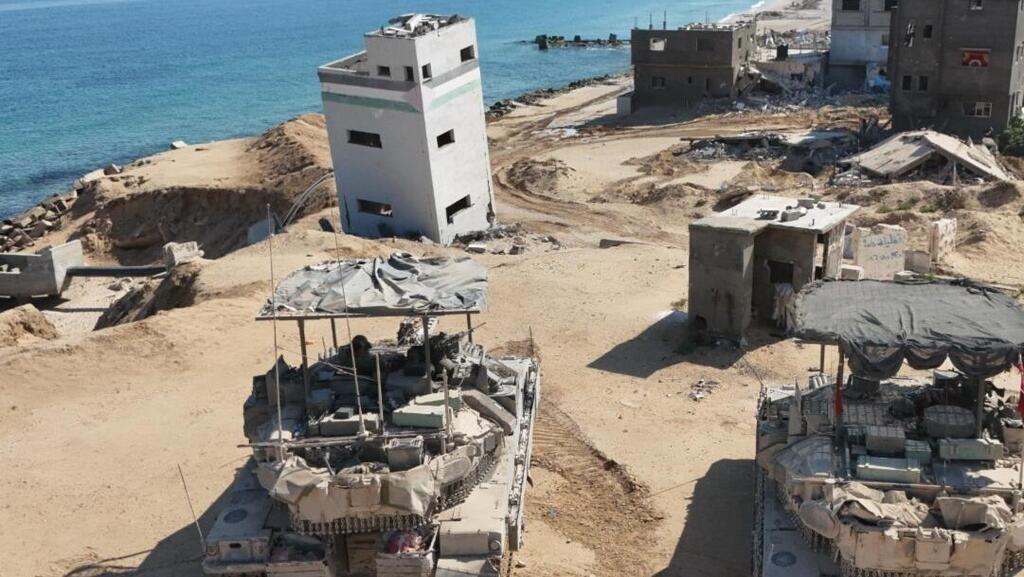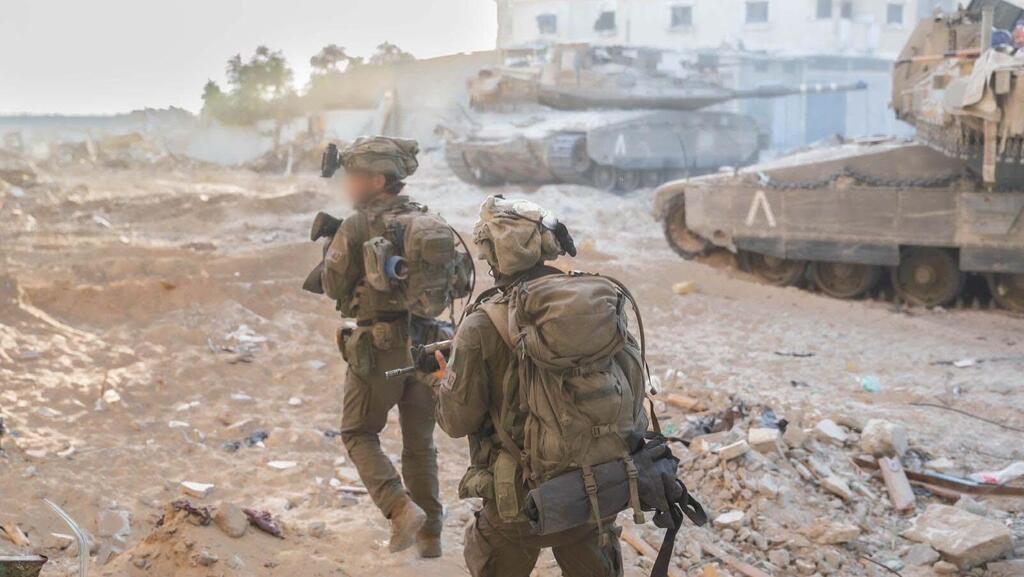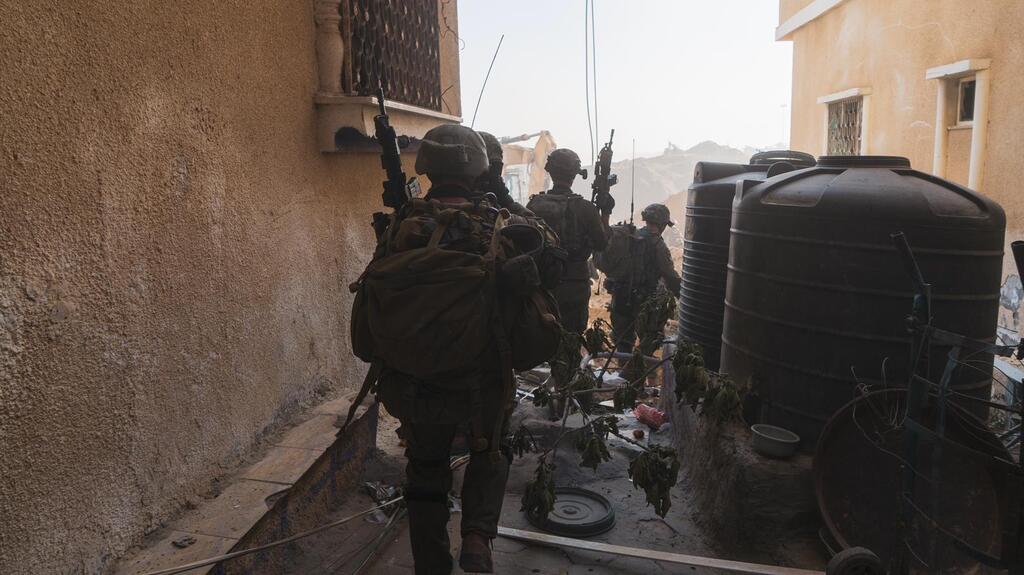Getting your Trinity Audio player ready...
For 40 days, the IDF has been fighting in the southern Gaza city of Rafah. The initial phase of the offensive involved seizing the Rafah crossing and attacking the Brazil neighborhood. The IDF established operational control and executed a tactical deception, making the enemy believe that forces were attacking from the southern part of the axis, while the actual attack commenced from the north.
The IDF maintains full operational control from the Kerem Shalom crossing to the sea. Division forces are preventing maritime smuggling along the Egyptian border and maintaining operational control over the Brazil and NPK neighborhoods, the Philadelphi Route, Shaboura, and the area between Philadelphi and the Tel Sultan neighborhood, where a combat team from the 401st Brigade is operating.
Currently, of the four Hamas battalions in Rafah, two are on the verge of collapse, while battles continue against the remaining two.
The Rafah Brigade is in dire straits, having lost many terrorists and assets, including the Philadelphi Route and control of the Rafah crossing. The IDF estimates that it will take several weeks to decisively defeat the Rafah battalions and establish complete control over the area, which currently stands at about 70%.
So far, 550 terrorists have been eliminated in Rafah, as confirmed by IDF soldiers. It is believed that more terrorists were hit, but not all of the bodies have been physically reached. Forces continue to collect weapons along the Philadelphi Route, which is laden with hundreds of long-range rockets.
The rapid initial phase of the assault surprised the enemy, preventing terrorists from rigging the route with explosive charges, allowing for swift troop deployment, and denying Hamas the ability to launch rockets into Israel.
As a result, rocket fire from Rafah toward Israel has significantly decreased. More than 200 tunnel shafts and 35 tunnels, some extending into Egypt, have been discovered. Preliminary investigations confirm these tunnels reach the Egyptian border, and efforts are underway to determine if they extend further into Egypt.
The IDF is exercising extreme caution along the Egyptian border to avoid unnecessary conflicts. Cooperation with Egypt is good, with no significant incidents aside from an exchange of fire between an Egyptian policeman and IDF soldiers. The coordination along the axis and efforts deep within the territory facilitate effective cooperation with the Egyptians.
In the NPK neighborhood, the IDF has achieved complete operational control both above and below ground. The underground network in this area is the most complex found in Gaza since the war began. During subterranean combat, forces killed dozens of terrorists and discovered explosive devices.
The neighborhood is considered a Hamas stronghold, serving as the key defensive hub for the Rafah battalion commander. Troops encountered booby-trapped houses, concealed passageways and surveillance cameras in almost every alley and room, all designed to aid terrorists in attacking IDF forces.
The fighting is progressing in planned phases, executed by the IDF according to a detailed strategy, with continuous updates from IDF Chief of Staff Herzi Halevi, who closely monitors the combat progress. Commanders reject claims that the IDF is bogged down in Rafah, asserting that they have all the necessary resources to defeat Hamas battalions in the city, which will take a few more weeks.






